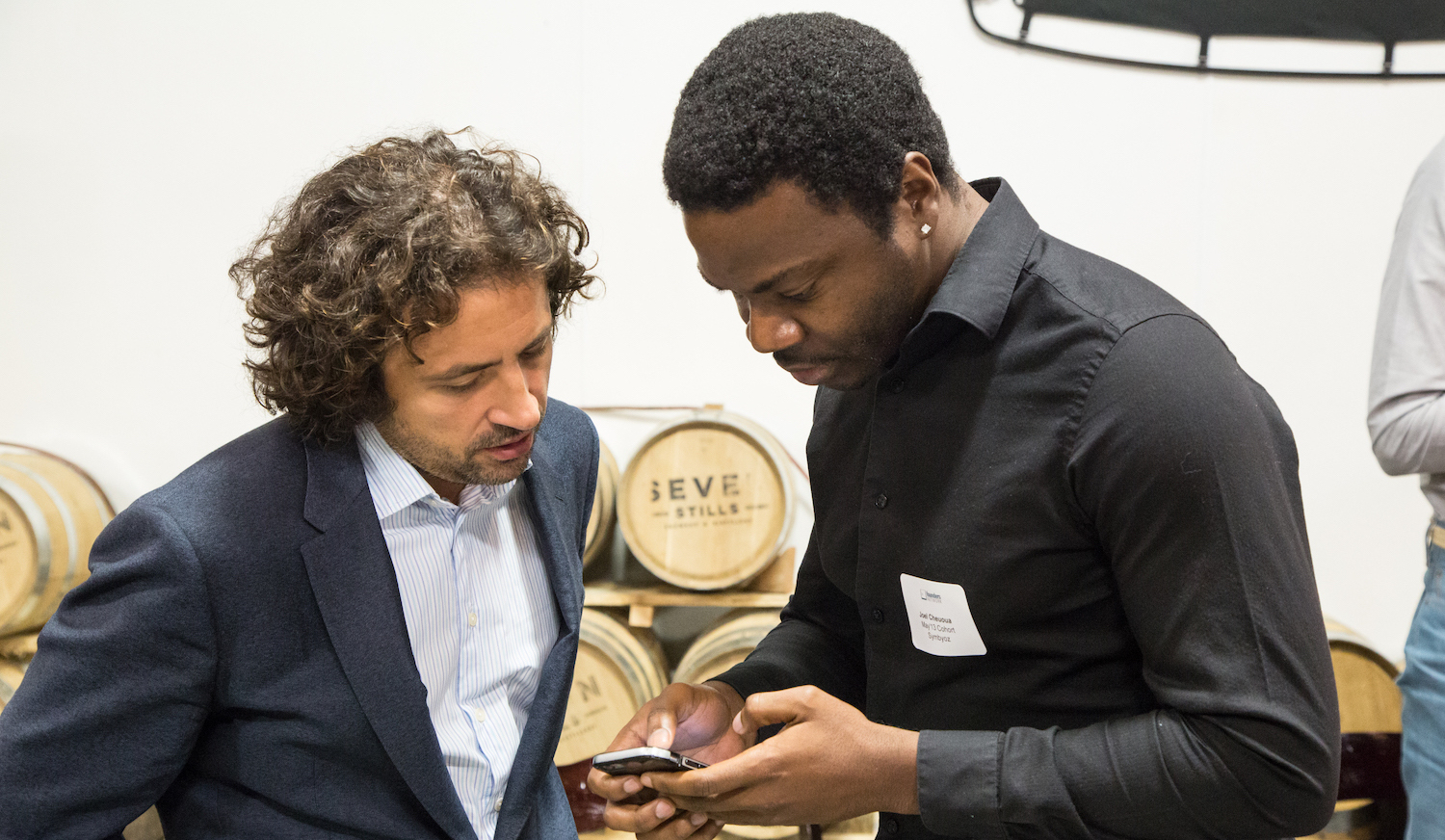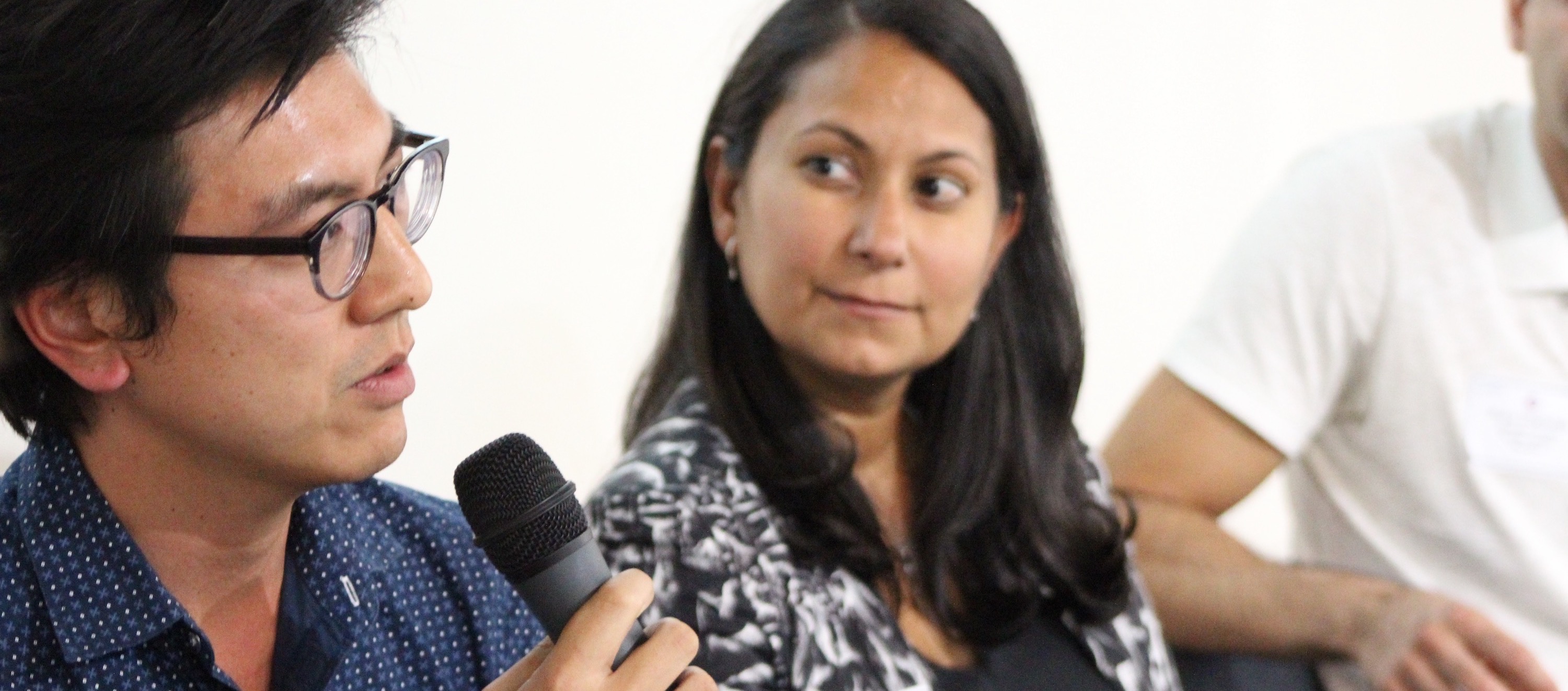
Scott Coleman has 20 years of working at the intersection of tech and finance under his belt— and his mission is to share that knowledge with his portfolio companies. Coleman serves as the Business Development Partner at Ignition Ventures— a venture firm that focuses on enterprise software.
Founders Network sat down with Scott to discuss how to win those first big enterprise accounts that are so crucial to the success of startups early on. These interview notes will be useful for entrepreneurs looking to refine their enterprise sales strategy and develop tactics to deepening relationships with VC’s.
Q: You ran Technology Business Development at Morgan Stanley, where you cultivated deep relationships with VC’s, tech entrepreneurs, CEO’s & CTO’s. When it comes to cultivating relationships with VC’s, do you have any advice for founders?
- Start early. Build a relationship before you need something specific. If you’re meeting a VC for the first time during fundraising, that will be the primary focus of the conversation. Since fundraising marks the start what can be a decade-long relationship that will traverse a range of challenges and opportunities, it is worth taking the the time to find investors whose worldview is aligned with your own.
- And most importantly, give it some time. Building relationships is not something that happens quickly. Many founders would rather go get cavities filled than spend time with VC’s, but you end up spending so much time with these people that understanding how you can and will work together is important.
“Building relationships isn’t something that happens quickly.” – @colemanscott1 from @ignitionVC on founder-investor relations
Q: At Ignition, you help portfolio companies identify and win customers. In terms of creating a strategy, where do you start with founders in this process?
Scott: Going back to the time I spent running tech biz dev at Morgan Stanley, I learned how hard it can be for startups to get an audience, let alone a fair hearing, with big banks or other potential large customers. I think it is three step process:
- Understand and articulate the customer’s pain point;
- Clearly define the use-cases;
- And identify the trigger that will get them to purchase your product right now.
If you can’t do these three things, the sales cycle will remain murky and long.
In terms of the “trigger”, it could be driven by the underlying technology (moving the cloud, changes in risk) or changing market condition; it could be something specific to that customer, like M&A or a change in their product stack.
We coach our companies that a path to success is to solve a narrow problem, solve it deeply, focus on a small set of customers, and figure out what you want them to buy. Then determine what’s repeatable in that process to drive scale.
“Solve a narrow problem, solve it deeply, focus on a small set of customers, and figure out what you want them to buy.”- @colemanscott1 @ignitionVC
Q: Ignition invests specifically in enterprise. And you advise your portfolio companies in enterprise sales. Can you give some insights on how best to devise an enterprise sales strategy?
- Be patient. Many enterprise engagements that can take 12-18 months. Spend more time in your initial meetings listening rather than talking. You want potential customers to be pitch their challenges, rather than you pitching our solution, at least at the outset. It helps qualify (or disqualify) a particular customer, and identify the “trigger” i mentioned earlier. While it sounds obvious, understanding the customer’s perspective, you’re more likely to drive a sale more quickly.
- Ignition invests in companies that are at the beginning of their journey. To overly generalize, Series A CEO’s tend to either be technical founders, and selling doesn’t come naturally to them, or they were the head of sales at their prior company where landing an order comes very naturally but can skews towards transactional vs. strategic. What I try to do is take folks who fit into one of these ends of the spectrum and move them towards the middle.
- All CEO’s bring a set of strengths, weaknesses, and experiences to their jobs. As investors, those things that you’re not naturally good at, we want to try to help you get there, because ultimately that will drive the success of the company.
Q: What is Ignition Venture’s investment philosophy?
Scott: We focus on enterprise software, and most of our investments are Series A, though we also do some seed and Series B investing. Our historic focus in infrastructure software, like Splunk and Cloudera, has moved up the stack in recent years, in part due to the impact of the large public cloud providers.
Our pacing tends to be around four deals a year as a firm. We want to get to know the teams well. And we want to figure out ways we can bring value and have an impact. Our pacing is designed to strike a balance between finding great founders and teams, and the work that comes after you make an investment.
We know when we invest, that there are going to be moments of triumph and moments of challenge, and that we are building what could be a decade+ relationship. Through good times or bad, Ignition will be there to help a founder achieve their vision, and grow companies into large, sustainable businesses.
“We know when we invest, that there are going to be moments of triumph and moments of challenge” – @colemanscott1 @ignitionVC
Q: Your background is in finance. What financial metrics are most valuable for you to hear when speaking with a startup?
Scott: For a Series A company, it can vary widely, and we look at a range of business model so it is not so much a single metric. We want to understand the primary growth metric that the management team uses to assess their ability to execute. It could be ARR or MRR, it could be user engagement metrics like MAU and DAU, and we also want to understand the customer acquisition costs and how the team things this evolves over time. More generally, we also want to understand if the founder and team are able to execute on the things they say they’re going to do around building the business.
Scott will be sitting down for an intimate Q&A with our Founders on July 19th, followed by private office hours. Learn more about Founders Network events.






